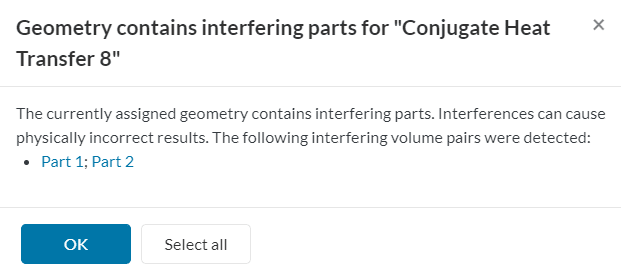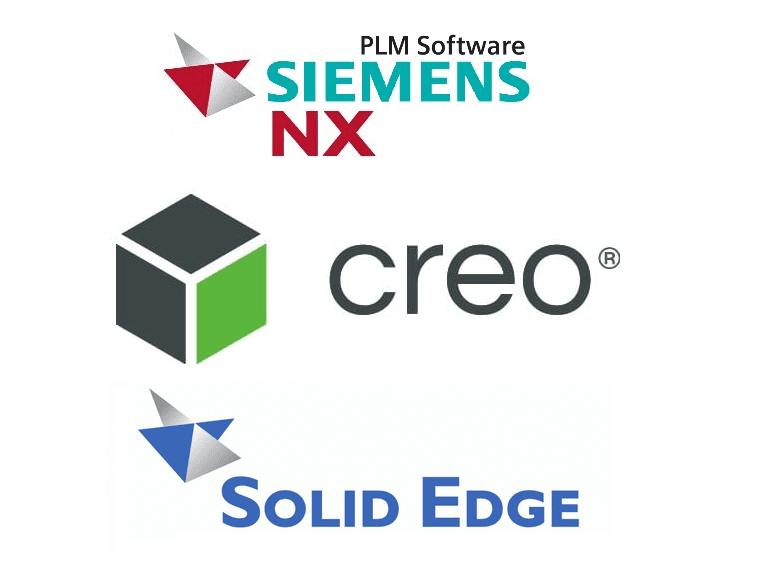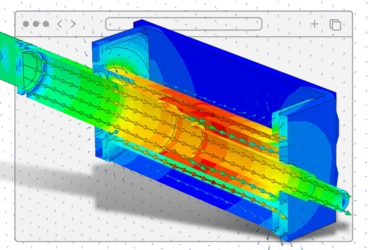As a cloud-native application, SimScale is continuously performing regular maintenance, pushing out product updates, and adding new features in the background. We are actively working towards unleashing maximum simulation capabilities for our customers. Our product roadmap provides a glimpse into the future and shows that 2021 has much in store for designers and engineers leveraging cloud-based simulation through SimScale within their workflows. Start the year off strong exploring our three new features, available now:
1) New Feature: CAD Interference Detection for CHT Simulations
In order to ensure accurate CHT simulation results, we have now introduced a warning for the case where an attempt is made to create a CHT simulation when there are geometry interferences detected in the model. This is an initial step in our commitment to provide accurate results using optimal geometry. Later, we intend to build upon this functionality to provide a more visual indication of interferences, rather than a list of interfering components only.
How To Use This Feature:
Once the model with overlapping geometry has been uploaded, proceed with generating the Flow Volume Extraction and the Imprinting operation necessary for a CHT simulation.
Now, try to start a CHT simulation. Observe that a warning message is displayed, which also provides a list of the interfering body pairs.
2) Product Update: New Post-Processor for Structural Analyses
SimScale’s new post-processor now also supports structural analysis results: Static, Dynamic, Heat Transfer, Thermomechanical, Frequency, and Harmonic. This means that SimScale’s new post-processing interface is now compatible with all analysis types.
The goal of this effort was to build the most intuitive and easy-to-use post-processing experience on the web. To find out more about SimScale’s new post-processing interface, take a look at our release blog post or follow any updates via the product portal.
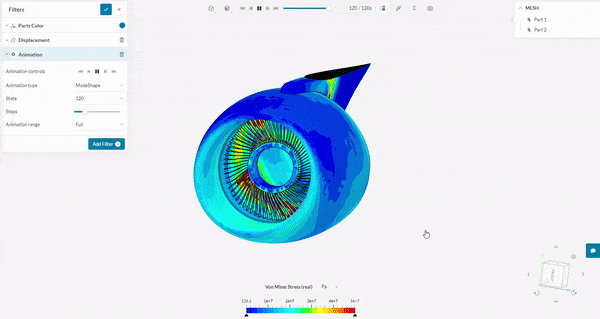
How To Use This Feature:
When entering post-processing mode, you’ll be prompted with a choice to either continue using the old post-processor or try the new one available for all analysis types. Both post-processing modes are compatible with each other, which allows you to switch between them.
Please let us know in case you have any feedback regarding this feature. We’re here to listen and improve based on your thoughts and ideas.
3) New Feature: Support for Additional CAD Formats
SimScale supports the upload of important CAD formats. Now, you can directly import the following new formats into SimScale without worrying about converting to a generic format:
- Siemens NX (.prt)
- PTC Creo (.prt, .asm)
- Solid Edge (.par, .asm, .psm)
How To Use This Feature:
Simply use the standard SimScale uploader to import your Siemens NX, PTC Creo, or Solid Edge native CAD data into SimScale for simulation.
What Else Is New at SimScale This Month?
Sign up for our Application Demo & Discussion Series! We are hosting 4 separate 30 min sessions per week to demonstrate how simulations for electronics cooling, internal AEC, pedestrian wind comfort, and rotating machinery can be set up and analyzed within SimScale in a matter of minutes. Our application engineering specialists will demonstrate an industry-relevant example project and answer questions from the audience. Learn more about each session and sign up via the webinars and workshops page.
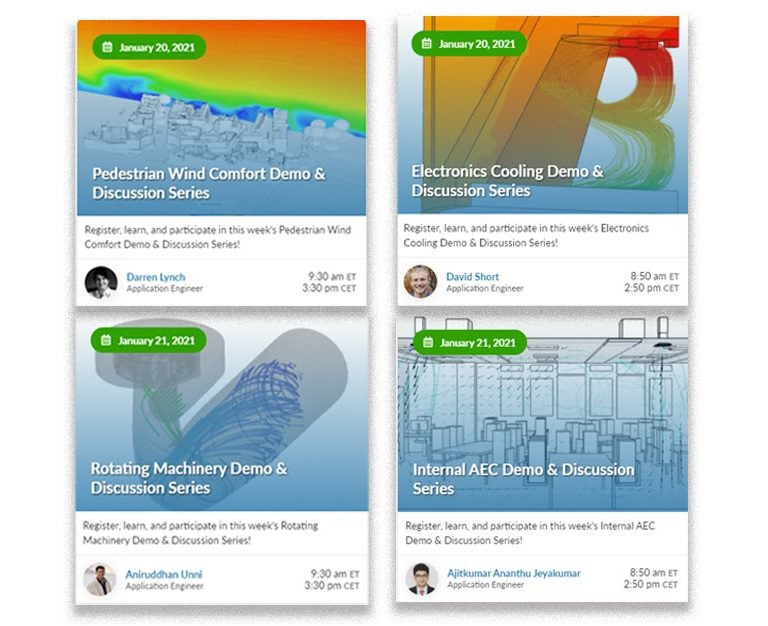
SimScale’s Advanced Capabilities
- API Access – Unlock the ability to customize and automate your simulation workflows. Increase efficiency by focusing your team’s time and effort on engineering, not running software.
- Security, Compliance & Controls – Monitor and exercise complete control over access privileges and computing consumption. Simulate confidently with automatic backups and disaster recovery.
- Elastic HPC Scaling – With a software-defined HPC hardware layer you always have the computing power you need without job queues or schedulers. Reduced simulation turnaround times mean quicker product design cycles.
